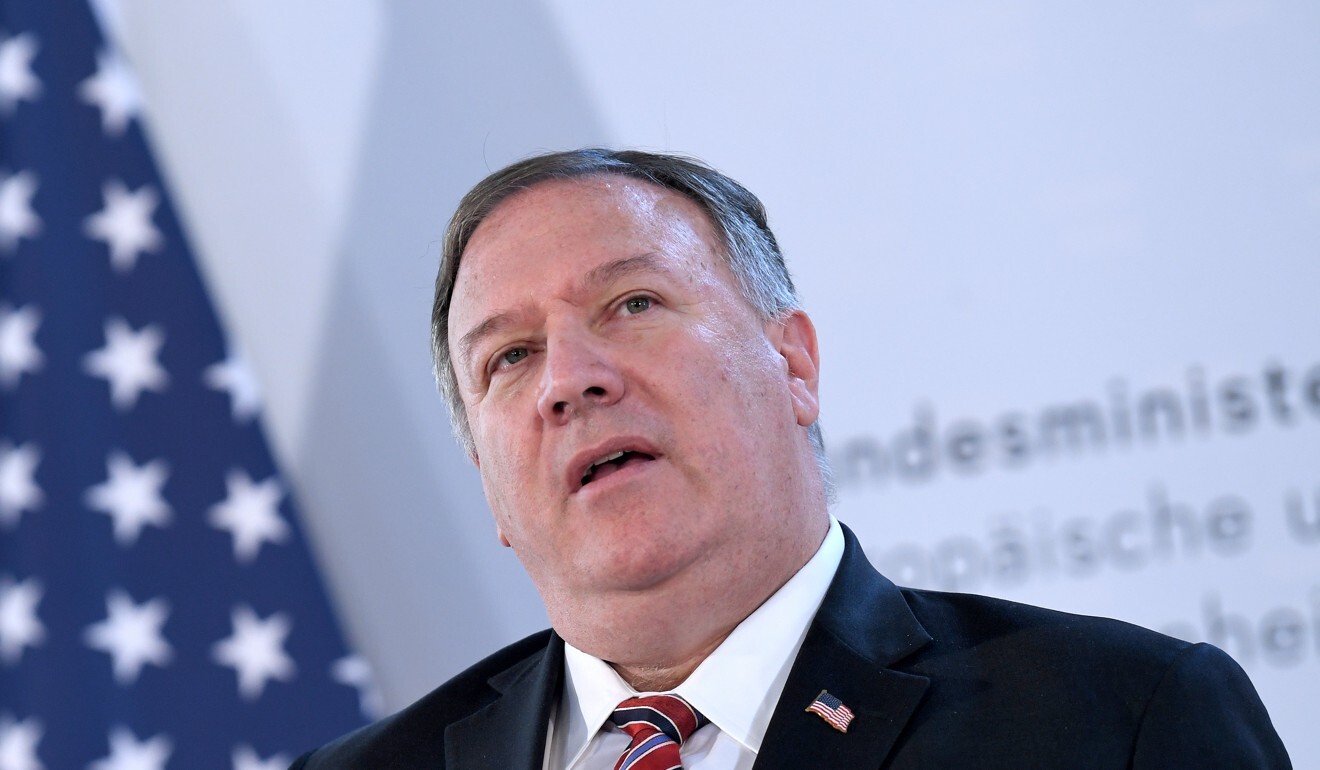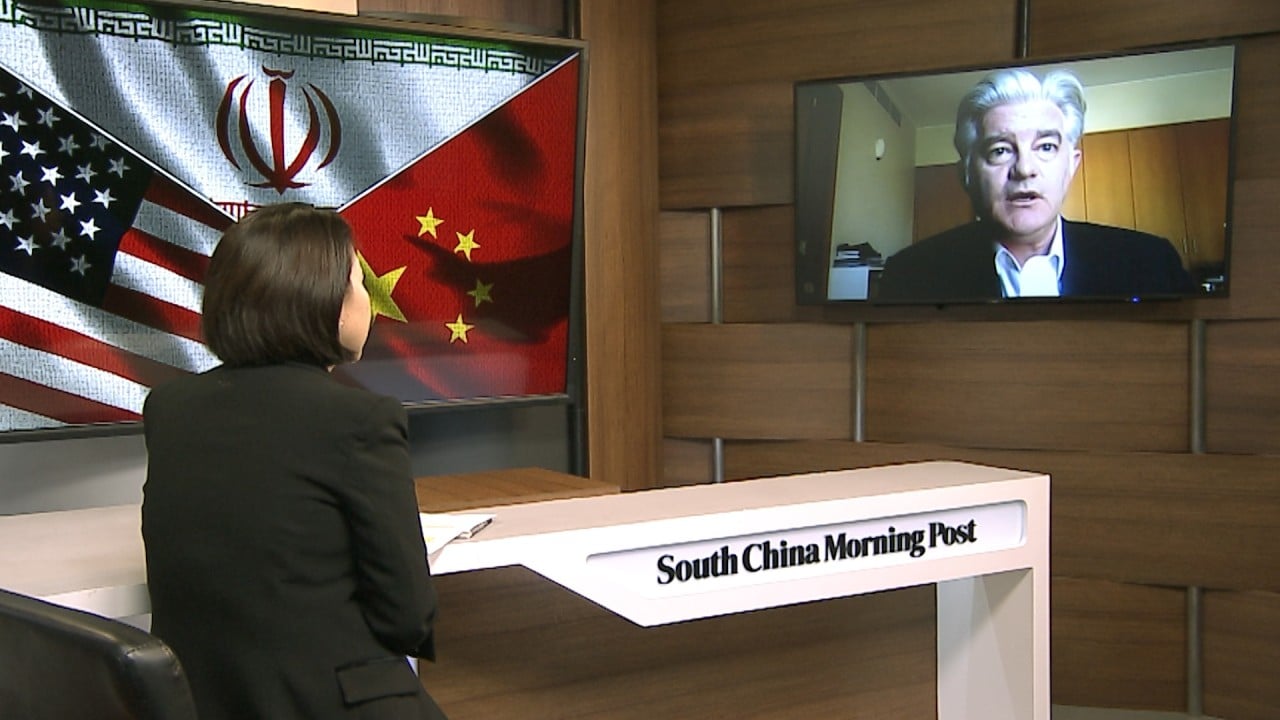
US bid to extend Iran arms embargo rejected by UN Security Council
- US Secretary of State Mike Pompeo slams ‘failure to act decisively in defence of international peace and security’
- Move has implications for Iran nuclear deal, which Trump pulled out of in 2018

The United Nations Security Council has rejected a US resolution to extend an Iranian arms embargo, Secretary of State Mike Pompeo said on Friday, in a move with repercussions for the Iran nuclear deal.
“The Security Council’s failure to act decisively in defence of international peace and security is inexcusable,” Pompeo said in a statement ahead of the council announcing the results of the vote.
The US has become increasingly isolated over Iran at the Security Council since President Donald Trump pulled it out of the Iranian nuclear deal in May 2018.
Washington was not expected to receive nine votes in favour, removing the need for Russia and China to wield their vetoes which they had indicated they were prepared to do.

The embargo on conventional arms is due to expire on October 18 under the terms of a resolution that blessed the Iran nuclear deal, signed in July 2015 and officially known as the Joint Comprehensive Plan of Action (JCPOA).
Under the deal, negotiated by then US President Barack Obama, Iran committed to curtailing its nuclear activities for sanctions relief and other benefits.
Since Trump pulled out and slapped unilateral sanctions on Iran under a campaign of “maximum pressure”, Tehran has since taken small but escalating steps away from compliance with the nuclear accord as it presses for sanctions relief.
European allies of the United States – who, along with Russia and China, signed the deal with Iran – have voiced support for extending the conventional arms embargo but their priority is to preserve the JCPOA.
The US text, rejected by the Security Council, effectively called for an indefinite extension of the embargo on Iran.

05:06
US-Iran tension: Where does China stand?
Diplomats feared that the resolution would threaten the nuclear agreement. Iran says it has the right to self-defence and that a continuation of the ban would mean an end to the nuclear deal.
The United States has threatened to try to force a return of UN sanctions if it is not extended by using a controversial technique called “snapback”.
Pompeo has offered the contested argument that the United States remains a “participant” in the nuclear accord as it was listed in the 2015 resolution – and therefore can force a return to sanctions if it sees Iran as being in violation of its terms.
European allies have been sceptical on whether Washington can force sanctions and warn that the attempt may delegitimise the Security Council. Experts say a “snapback” could plunge the council into one of its greatest ever diplomatic crises.